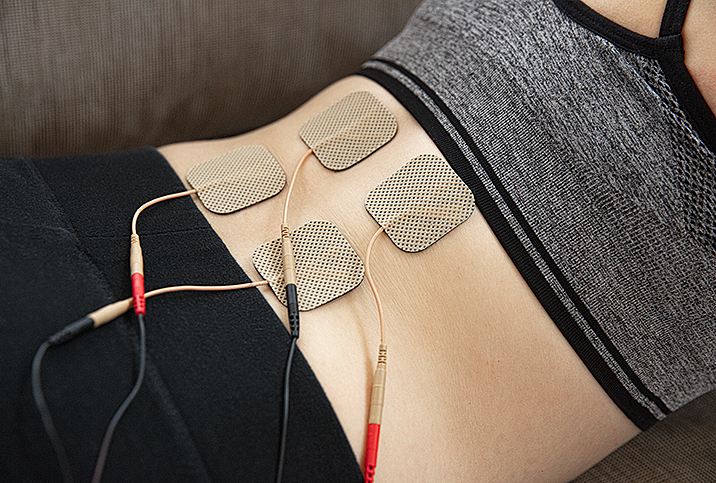Abortion Pills May Soon Be Available at Your Local Pharmacy

An abortion medication once barred from retail distribution will soon be available at pharmacies across the United States following a change announced Jan. 3 by the Food and Drug Administration (FDA).
The drug mifepristone (brand name Mifeprex) is used in conjunction with misoprostol to terminate pregnancy at 10 weeks or earlier by blocking the flow of the pregnancy hormone progesterone.
Since the turn of the 21st century, abortion medications have been available by prescription, as they are today in U.S. states where abortion care is legal, but there were additional rules patients and doctors had to follow. For example, the prescriptions had to be dispensed by a clinician rather than a pharmacist.
The new FDA rule requires doctors and pharmacies, both brick-and-mortar and mail-order, interested in providing the medication to become certified through the agency.
The change may make it easier for pregnant people to access abortion care following the Supreme Court's historic reversal of Roe v. Wade in June 2022.
What does this mean?
"I think, in the macro sense, what it [the FDA change] means is, bit by bit, at the federal level trying to expand access to abortion," said Leila Abolfazli, director of federal abortion access at the National Women's Law Center in Washington, D.C. "It alone is not enough to ensure everyone can access abortion, but it is a piece of the much bigger puzzle of expanding access, so what the FDA did was make permanent the listing of the in-person dispensing requirement."
Two major U.S. pharmaceutical retailers, CVS and Walgreens, confirmed they intend to get certified to dispense the medication.
Abolfazli said it remains to be seen what CVS and Walgreens pharmacy locations will do in states where abortion rights are restricted or banned.
"Now, in states where abortion is banned, this is still an incredible problem," she said. "And so it is important for expanding access and the number of ways people can get access, but we still have the major problem where [in] large swaths across the country, there is no clinic there to provide the care because states are shutting them down."
As of early 2023, abortion bans are in effect in 13 states, largely in the Southern half of the country.
Anti-abortion groups, including the nonprofit Susan B. Anthony Pro-Life America, released statements condemning the FDA's latest move.
"Chemical abortion pills can cause dangerous complications, including hemorrhage and infection, and complications are more likely when pills are dispensed without medical screening or follow-up care," said SBA Pro-Life America President Marjorie Dannenfelser in a statement.
In 2021, the American Civil Liberties Union (ACLU) sued the FDA on behalf of the American College of Obstetricians and Gynecologists and other organizations on the grounds the agency's "unnecessary restrictions" on abortion prescriptions put pregnant people at a higher risk of contracting COVID-19. At the time, the ACLU claimed that out of more than 20,000 FDA-approved drugs, mifepristone was the only drug the agency required to be dispensed to patients in clinical settings.
That same year, during the pandemic, an FDA review of the medication's risk evaluation and mitigation strategy determined changes were necessary to "reduce burden on the healthcare delivery system and to ensure the benefits of the product outweigh the risks."
In November 2022, the Alliance for Hippocratic Medicine sued the Department of Health and Human Services and the FDA, claiming the agencies did not have the right to approve the abortion pill when it first came on the market in 2000.
Longtime abortion provider Planned Parenthood Federation of America released a statement following the FDA's rule change.
"Mifepristone is safe and effective, and has been used by more than 4 million people since the FDA approved it more than 20 years ago," Planned Parenthood stated. "Leading medical associations, such as the American College of Obstetricians and Gynecologists and American Academy of Family Physicians, have maintained that the FDA's long-standing restrictions on mifepristone, including the in-person dispensing requirements, provide no safety benefit."
The aftermath of Roe
Abolfazli said it may take decades before half of the American population have their former constitutional right to abortion restored.
"In a sense, abortion access really represents what we in this country believe is the right to bodily autonomy, to freedom, to self-fulfillment, that at the core, something that is such a consequential decision should be made by the person who it affects, but not by the government," she said.
"It actually has to do with democracy," Abolfazli continued. "Are we full participants in the democratic process? And if you're denying a subset of the population that autonomy on something so central to their lives, then what does that mean about the structure of our democracy?"
In a statement issued Jan. 4, the American Pharmacists Association said it "advocated on your behalf urging FDA to level the playing field by permitting any pharmacy that chooses to dispense this product to become certified."
The FDA's updated guidance regarding the medication came with a warning to those interested in buying abortion pills online.
"The FDA does not have regulatory oversight of prescription medicines from outside the legitimate U.S. drug supply chain, therefore, the FDA cannot ensure the safety, effectiveness or quality of those medications," the statement said.
Medication abortion is the most common means chosen by people seeking to terminate their pregnancy in the U.S., according to 2020 data from the Centers for Disease Control and Prevention.


















